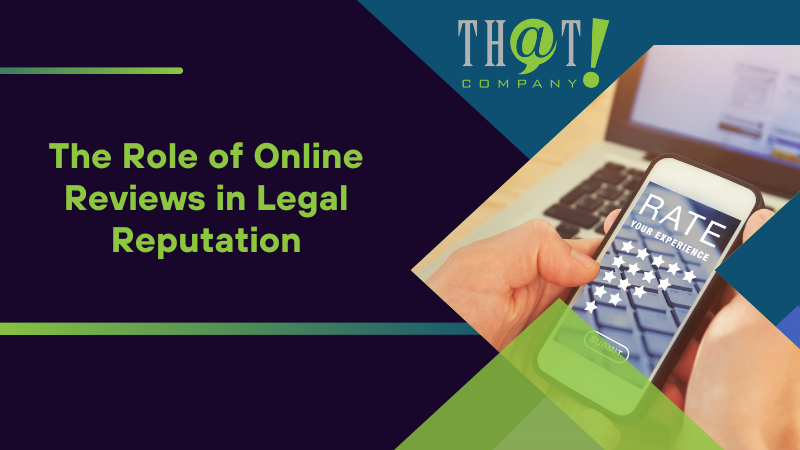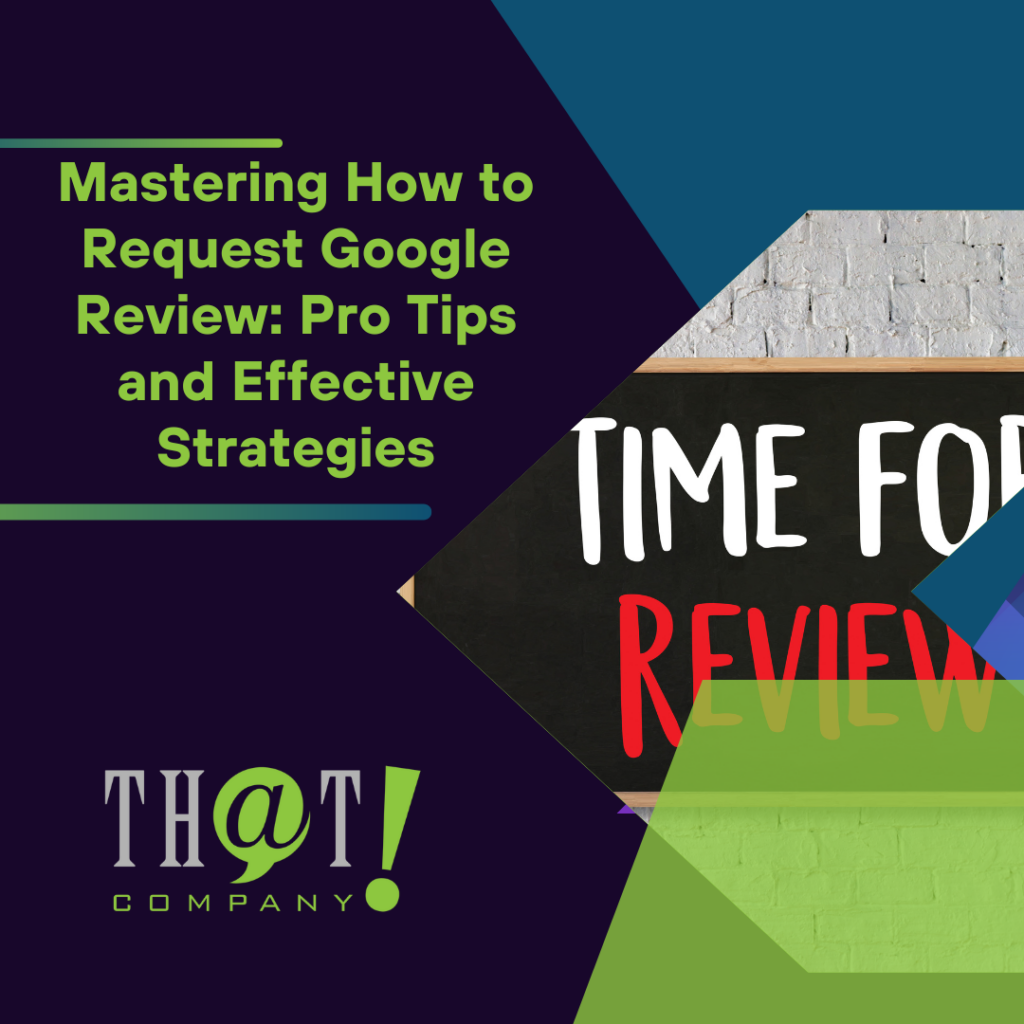
Lawyer reputation management involves strategic actions to monitor and enhance a lawyer’s public perception, especially online. It’s vital for attracting clients, building trust, and ensuring long-term success. In this article, we’ll cover proven techniques and tools to help lawyers effectively manage and improve their reputation.
Key Takeaways
- Effective lawyer reputation management involves monitoring, influencing, and enhancing public perception to attract clients and ensure long-term success.
- Online reviews significantly impact a lawyer’s credibility, necessitating proactive management strategies to address negative feedback and encourage positive client engagements.
- Utilizing advanced reputation management software and social media presence can enhance lawyers’ visibility and help maintain a positive professional image.

Understanding Lawyer Reputation Management
Lawyer reputation management involves a series of strategic actions aimed at monitoring, influencing, and enhancing the public perception of a law firm or individual lawyer. Today, online reputation management (ORM) focuses on building a positive brand image and addressing potential issues before they grow. Swift action in reputation management is crucial since reputations can rapidly decline due to harmful information. Reputation management lawyers can provide essential guidance in these situations.
A lawyer’s reputation significantly influences their social standing, job opportunities, and business success. Proactively managing a legal reputation not only upholds practice standards but also serves as a trusted source of information for the public. This proactive approach helps create a positive and enduring image that instills confidence in potential clients. Regularly integrating reputation management activities can substantially enhance a lawyer’s professional standing online.
Effective reputation management hinges on monitoring online reviews. A single negative review can generate significant backlash against a law firm’s online reputation. Therefore, it’s vital to showcase the firm’s positive aspects and address negative feedback promptly. Law firm reputation management teams focus on building long-lasting client relationships, ensuring the firm’s reputation remains strong and appealing.
The benefits of lawyer reputation management include attracting clients and building trust. This ultimately contributes to ensuring long-term success in the legal profession. Maintaining a positive reputation helps legal professionals enhance their standing and drive business success. Reputation lawyers can play a crucial role in this process.

Why Agencies Choose That! Company for White Label Reputation Management
Agencies favor That! Company’s white label review management solutions because they allow for branded services without the need for in-house software development. These solutions help agencies efficiently manage reviews for multiple clients through a centralized dashboard, enhancing scalability. Offering white label solutions allows agencies to turn review management into a new revenue stream with ongoing service contracts.
White label reputation management tools enable agencies to automate the review collection and response process, saving both time and resources. This automation allows agencies to maintain consistent branding across services, thereby enhancing client trust and credibility. Additionally, these tools provide actionable insights to clients regarding customer sentiment by utilizing advanced analytics.
That! Company’s white label solutions provide agencies with expert tactics and guidance on mitigating negative feedback, including options for removing inappropriate Google reviews. This not only improves client reputation but also increases the agency’s revenue and client retention. These tools and strategies help agencies ensure their clients maintain a strong online presence and a positive reputation.

The Role of Online Reviews in Legal Reputation
Online reviews play a pivotal role in shaping a lawyer’s reputation and influencing client decision-making. These reviews act as a form of digital word-of-mouth, significantly impacting a lawyer’s credibility and public perception. Positive experiences shared through reviews enhance a lawyer’s reputation, increase client trust, and encourage more engagement with their services. Utilizing white label online reputation services can help lawyers efficiently manage and improve their online presence, ensuring consistent and professional reputation management.
Negative reviews, on the other hand, can severely affect a lawyer’s online presence, potentially leading to a loss of clients and decreased business revenue. Therefore, managing online reviews effectively is crucial for maintaining a positive reputation. Optimizing Google Business Profile Reviews boosts a lawyer’s visibility and improves search rankings, enhancing client engagement.
Next, we’ll explore strategies for managing negative reviews and encouraging positive ones to help lawyers maintain a strong online reputation.
Managing Negative Reviews
While negative reviews can be daunting, effective management can turn them into growth opportunities, and a positive review can further enhance a business’s reputation. Industry leaders respond to reviews nearly eight times quicker than others in the legal sector. This highlights the significance of prompt reactions to feedback. Promptly addressing negative reviews can prevent reputation damage and demonstrate a commitment to customer service.
Acknowledging reviewers’ concerns and offering solutions can improve perceptions. Professional responses to negative reviews show empathy and responsibility, turning potential setbacks into growth opportunities. Validating the customer’s experiences and considering continuing conversations offline to resolve issues further showcases professionalism.
That! Company provides expert tactics and guidance on mitigating the impact of negative feedback, including options for removing bad reviews from Google when appropriate. These strategies enable lawyers to effectively manage negative reviews and uphold a positive reputation.
Encouraging Positive Reviews
Positive reviews significantly influence potential clients’ choices in legal representation. Businesses can actively solicit Google reviews through personalized requests at the right time and engaging with customer feedback. The Net Promoter Score (NPS) is a valuable metric used to evaluate customer satisfaction and loyalty, helping businesses identify satisfied customers who are likely to leave positive reviews.
Simplifying the review process and showing appreciation can encourage satisfied clients to share their experiences and enhance client satisfaction. Sending personalized emails and using various channels like social media and SMS can drive more positive engagement. Crafting a detailed and engaging Google My Business profile is also crucial for collecting more Google reviews.
Agencies can leverage these strategies to enhance their clients’ reputations, ensuring a steady stream of positive reviews and instilling confidence in prospective clients.

Importance of Social Media in Lawyer Reputation Management
A strong social media presence is crucial for attorneys to enhance visibility and build trust with clients. Consistent branding across social media profiles establishes a coherent professional identity, making it easier for clients to recognize and trust the lawyer or law firm. Engaging content tailored to the specific interests of an audience can significantly improve a lawyer’s online reputation, making them more relatable and approachable.
Lawyers can foster community connections by responding to comments and joining relevant groups. Social media tools streamline posting and engagement, helping busy lawyers maintain an active online presence. Tools like Brand24 and StatusBrew can monitor online mentions and combine social media listening with review management, helping law firms manage legal services feedback effectively.
Leveraging social media platforms enhances lawyers’ digital presence, builds a positive reputation, and fosters meaningful client engagement.

Leveraging Content Marketing for Reputation Enhancement
Content marketing is a powerful tool for enhancing a lawyer’s reputation. High-quality content boosts brand equity and overall reputation for law firms. Quality content establishes expertise and builds trust by addressing common legal questions and providing valuable insights. Partnering with white label agency services can help law firms create and manage compelling content, ensuring a strong online presence that attracts more visitors and potential clients.
Utilizing infographics in content marketing helps simplify complex legal information for better audience understanding. Developing client personas aids law firms in tailoring content to meet specific audience needs, ensuring that the content resonates with potential clients.
Additionally, podcasts offer a personal and direct way for law firms to share expertise and engage with potential clients. Content marketing helps law firms establish authority, enhance their public image, and attract new clients.

Utilizing Reputation Management Software
Reputation management software is crucial for lawyers to effectively monitor and manage their online reputation. Regular searches help lawyers stay aware of their public image and address issues promptly. Tools like ReviewPush and Reputology consolidate reviews from multiple sites and send email notifications for new reviews, simplifying online reputation management services for larger law firms.
Birdeye streamlines review collection by enabling requests across over 200 sites and integrating with the firm’s website for real-time feedback. Podium offers a centralized dashboard for managing reviews, enabling quick responses and tracking review requests via text messages. ReviewTrackers focuses on gathering client feedback to enhance understanding of client needs and improve law firm processes.
SiteJabber maximizes exposure by republishing positive client reviews across other platforms. A well-optimized Google Business Profile can also greatly enhance a law firm’s visibility and reputation online. These tools enable lawyers to efficiently monitor and improve their online reputation, ensuring a positive public image.

Legal Recourse for Defamation
Defamation is recognized as a civil wrong or tort, which means it is not a criminal offense in most states. Proving defamation requires showing that the statement was published, false, harmful, and not privileged. Understanding the complexity of defamation cases and lawyer competence is crucial when considering legal action.
Public figures face a higher burden of proof in defamation cases, needing to show actual malice to succeed. It is highly advisable to seek legal representation for defamation cases due to their complexity. The timeline for filing a defamation lawsuit varies by state, typically ranging from one to three years after the statement was made. Successful plaintiffs in defamation lawsuits may receive compensation for lost income, emotional distress, and other damages.
False factual claims in a review that cause reputational damage may be classified as defamatory, warranting legal action. Understanding these legal recourses can help lawyers protect their reputation against unjust attacks.

Measuring Success in Reputation Management
Setting clear, measurable objectives is key to measuring success in reputation management. Metrics such as review ratings, search rankings, and client feedback can be tracked to gauge the effectiveness of online reputation management strategies. Continuously tracking these metrics helps maintain a strong online presence and adapt to evolving client expectations.
Evaluating reputation management results helps identify effective strategies and areas needing improvement. Regularly assessing your reputation management techniques ensures long-term success and a positive public perception.

Summary
In conclusion, managing a lawyer’s reputation requires a comprehensive strategy encompassing the monitoring of online reviews, leveraging social media, utilizing content marketing, and employing reputation management software. By proactively managing their reputation, lawyers can build trust with clients, enhance their professional standing, and ensure long-term success in the legal field.
Employing these top seven proven techniques will help safeguard and enhance your professional image. Remember, a positive reputation is one of your most valuable assets. Take control of your online presence today and watch your legal practice thrive.
Agencies looking to enhance their offerings can greatly benefit from partnering with That! Company. Their white label branding services and reputation management solutions empower agencies to provide branded services without in-house development. With tools that automate review processes and offer actionable insights, agencies can improve client satisfaction and loyalty, ensuring a strong online presence for their legal clients.

Frequently Asked Questions
What is the importance of online reviews for a lawyer’s reputation?
Online reviews are crucial for a lawyer’s reputation as they serve as a form of digital word-of-mouth, significantly affecting potential clients’ perceptions and decisions regarding credibility.
How can agencies benefit from white label reputation management solutions?
Agencies can enhance their service offerings and streamline operations through white label reputation management solutions, as they allow for branded services without the need for in-house development. These solutions facilitate automated review processes and actionable insights for clients, ultimately leading to improved client satisfaction and loyalty.
What should be done to manage negative reviews effectively?
To manage negative reviews effectively, respond promptly and acknowledge the reviewers’ concerns while providing potential solutions. This approach demonstrates commitment to improvement and can positively influence perceptions.
Why is social media important in lawyer reputation management?
Social media is crucial in lawyer reputation management as it enhances visibility, builds trust, and facilitates client engagement through consistent branding and tailored content. Effective use of these platforms can significantly improve a lawyer’s public perception and client relationships.
What are the legal options for dealing with defamatory reviews?
The legal options for addressing defamatory reviews involve proving the statements are false and harmful, seeking legal representation, and potentially pursuing compensation for damages. Taking these steps can help protect your reputation.























 Talk With Us
Talk With Us  Give Some Love
Give Some Love 


